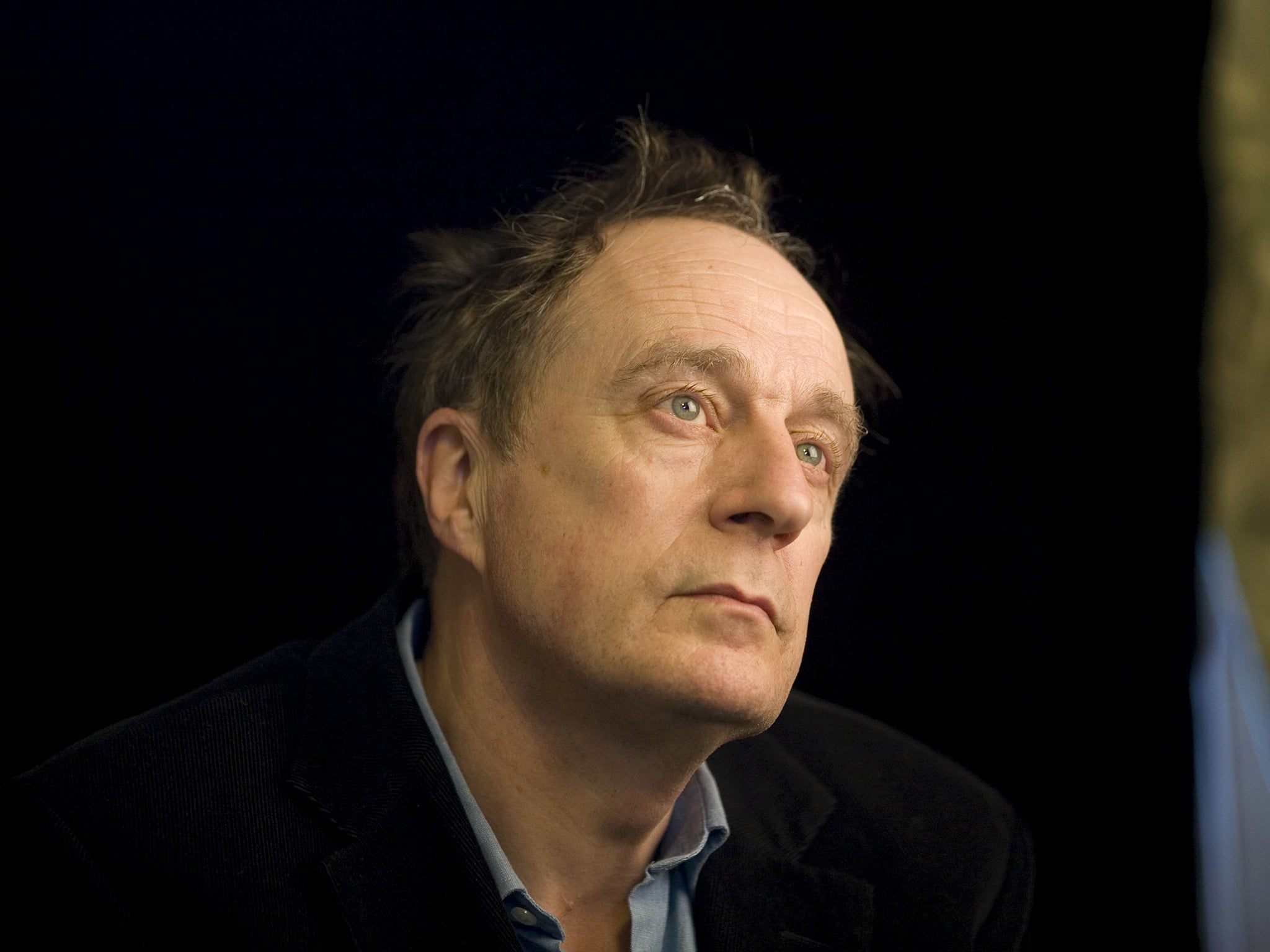Minotaur by Tom Paulin
From The Independent archive: Amit Chaudhuri on ‘Minotaur’ by Tom Paulin

Minotaur: Poetry and the Nation State, Tom Paulin’s collection of critical essays, was published in 1992 at a significant and, for many, alienating moment in literary history. The old left, with its certainties about what constituted political action, was turning into an anachronism; it was only three years after the collapse of the Berlin Wall. But its decline had begun about a decade and a half before, with the rise of a new radical intelligentsia (oddly entrenched in coveted university positions), who took their cue from Foucault and Derrida, and for whom the primary location of politics and power was language itself: there was to be no innocent act of reading or writing.
A powerful and necessary offshoot of this development further altered the direction of literary studies and history. Postcolonial studies had been, in substantial part, articulated by Paulin’s friend, Edward Said. Now, battle lines were drawn: on the one hand, Europe and its literature, deceptively lucid and transparent, but actually as deeply invested as any statement of military policy in empire and domination; on the other hand, the new, non-Western literatures emerging in the Eighties, refuting, through their epic propensities, their fabulism, the bourgeois bases of the “literary”.
Now, it’s possible to see how Paulin’s essays at once embodied this striking shift of register, while arguing with it. In both learning from and disagreeing with “these various critical approaches” concealed by “the unitary title ‘critical theory’,” the essays represent a departure, and make a case for the literary that is neither dated nor nostalgic.
What did Paulin learn from critical theory? I think he took from it the certainty that both reading and writing are embedded in, and concerned with, the exercise of power. This awareness informs his vision of a conflicted British history in the essays on Milton, John Clare, and Ted Hughes. Anglo-Saxon identity, through Paulin’s account of its conflation, in Hughes, with the wildness of nature, emerges as something that’s no “polished artifice” (like a poem), but as an entity open to question. All this unsettles the practices of literary theory. Rather than either absolutely defending or rejecting the canon, and thus rendering it at once defunct and transcendental, Paulin sees it as a tissue of history, shaped and riven by it as we are. His critical method is not only one of scrutiny, but of remembering, an “intense concentration which is like a type of underwater recognition”.
Secondly, his interpretation of British history, in which, as in John Clare’s life and diction, the natural and unnatural, the universal and the foreign, are commingled, complicates our view that the coloniser was the prism through which we saw all things, while the non-western, the alien, always remained a figure on the outside. In Clare’s legacy, both contraries come together unexpectedly.



Join our commenting forum
Join thought-provoking conversations, follow other Independent readers and see their replies
Comments